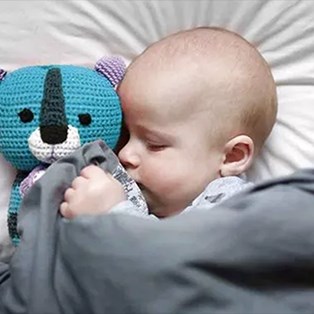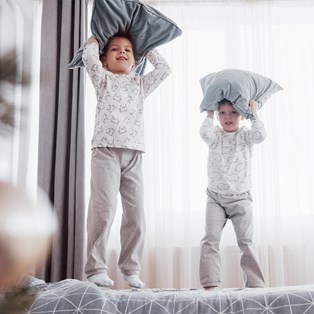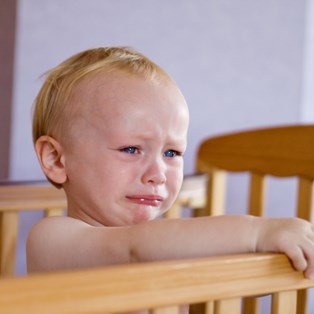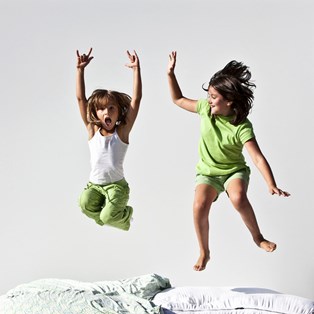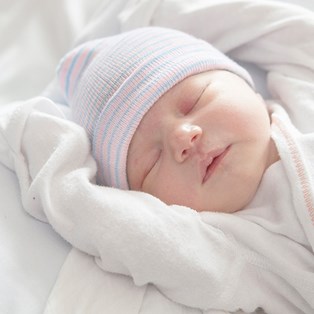Babies sleep better if left to ‘cry it out’ says Professor

New claim divides parents
An economics professor has divided parents worldwide by claiming that babies should be left to “cry it out” as it teaches them good sleep habits.
Emily Oster is the author of Cribsheet and a mother of two, and says that the cry it out method does not cause developmental damage and will not make children any less attached to their parents.
There are many different variations of the cry it out method, also known as the Ferber method, controlled crying or controlled comforting.
All the training methods based around the idea that you let your baby cry for a certain period of time, gradually increasing to longer intervals, which eventually teaches them to self-soothe.
Parents are encouraged to pat or 'shush' their little one, rather than picking them up and cuddling them.
Professor Oster came to this conclusion after reading “thousands of papers of academic literature.”
“There doesn’t seem like there’s any downside long-term,” she says. “That doesn’t mean it’s going to be the right choice for everybody but for those who do want to do that, there’s a reassuring picture from the data.”

Getty Images
She adds that a few nights of sleep training is unlikely to have a long-term negative impact, and says sleep training actually improves sleep habits and resolve a child's sleep problems.
”In studies where parents were encouraged to use this technique and others were not, they found – on average – after the sleep training, babies sleep better,” she says.
“Many studies found parents reported their babies are happier after the sleep training than before. In addition, there seems to be some benefits to parents, including less maternal depression and better marital satisfaction.”
Professor Ostler's claims have been the cause of considerable debate online, with many pointing out that she is an economic professor, and not a psychologist, paediatrician or sleep expert.

Getty Images
Many experts say that sleep training can cause a spike in cortisol – the stress hormone – in babies, which can be damaging.
Other argue that babies don’t stop crying because they’ve learned to self-settle, but because they’ve given up on believing anyone is coming to get them.
And while you may get a good night's sleep, there may be long-lasting effects on the child.
“Babies are not machines,” writes science journalist and parent education consultant Angela Braden on Psychology Today.
“They are wonderfully complex, sensitive, dynamic beings who rely on parents’ affection and soothing to develop fully. They need their caregivers nearby.
“Leaving babies alone to cry is not part of “normal” human development from an evolutionary perspective.”

Nicola Conville has worked as a journalist and editor for more than 20 years across a wide range of print and online publications. Her areas of expertise are parenting, health and travel. She has two children; Lucy, age eight, and Nathan, age five.






